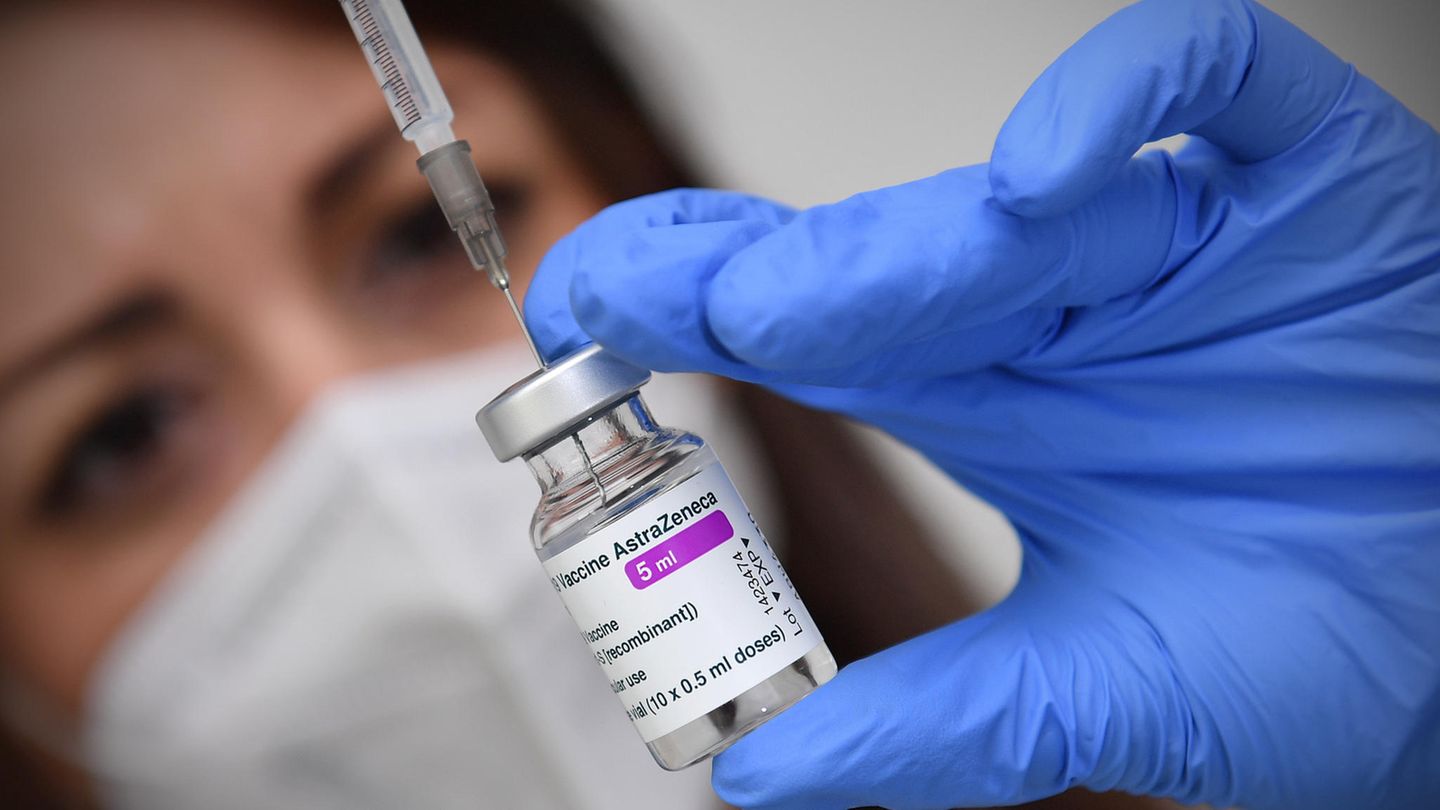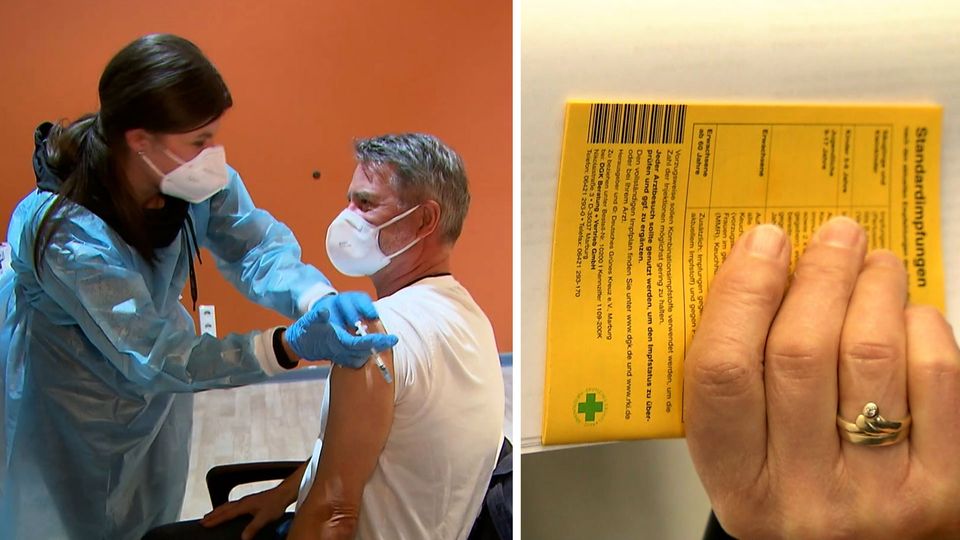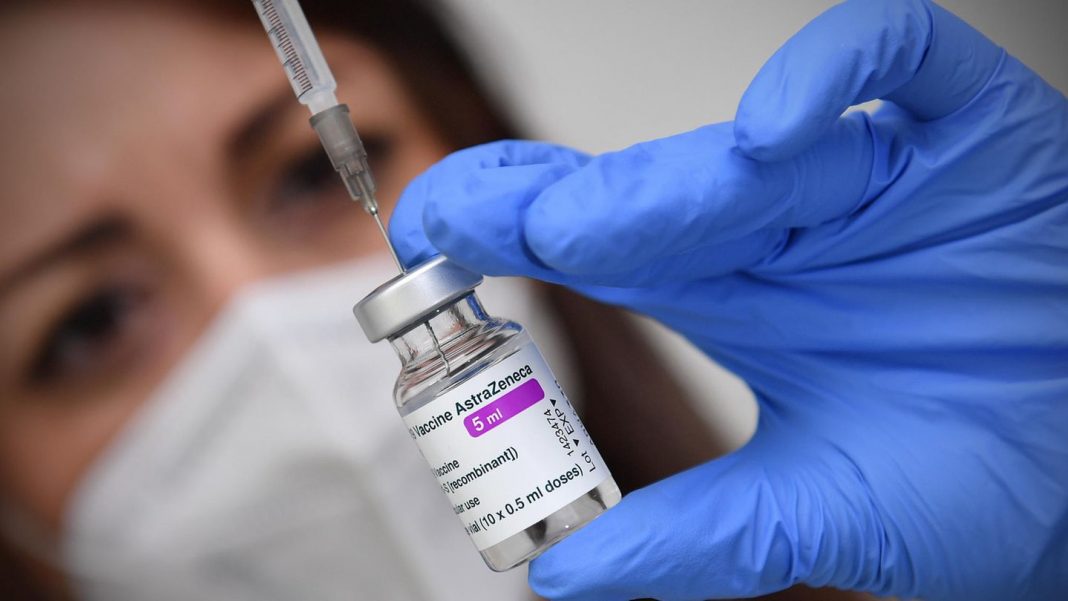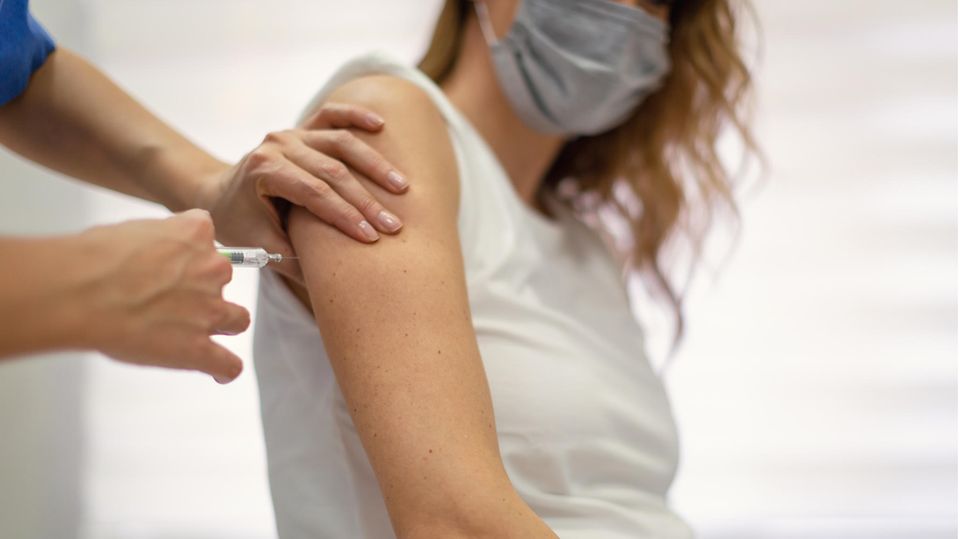Combi-Vaccination
First Astrazeneca, then Biontech: according to the study, the protective effect increases many times

People under the age of 60 are recommended to switch to an mRNA preparation after a primary vaccination with Astrazeneca.
© Frank Hoermann / Sven Simon / Picture Alliance
A study from Spain has investigated how the mixing of corona vaccines affects immune protection. The first interim results are promising. Accordingly, the protective effect increased immensely.
The problem child among vaccines has a name: Astrazeneca. In public perception, the corona vaccine has suffered badly. In addition, under-60-year-olds who have already been vaccinated with the vaccine for the first time are now recommended to choose an mRNA vaccine for the second vaccination. But is Mix’n’match a good idea, mRNA – on vector technology safe? The Spanish Ministry of Health took a closer look at the combined vaccinations. Initial interim results of the study, which have now been published, are promising. According to this, a mix of Astrazeneca (primary vaccination) and Biontech/Pfizer (secondary vaccination) preparations is not only safe, but also extremely effective. The protective effect increased many times by the combined vaccination.
A total of 673 people between the ages of 18 and 59 participated in the CombivacS study by the Spanish researchers:innen. All had already been vaccinated with the Astrazeneca vaccine. One part of the group received Biontech/Pfizer as a second vaccination, the others were not vaccinated a second time and served as a control group. It is the world’s first study to examine the effectiveness of a heterogeneous vaccination scheme.
Good effects in cross-vaccination
The interim results from clinical phase II are surprising. The antibody level was up to 40 times higher at the second dose with the mRNA vaccine than in the control group. And the amount of neutralizing antibodies, the researchers write:inside, increased sevenfold after the second vaccination with the mRNA vaccine. If these results solidify, this could mean that the combined vaccination is even more effective, triggering a stronger immune response than a vaccination with two doses of Astrazeneca. The Spanish researchers:although the two options in the study were not compared, according to the clinical data from the approval, the number of these antibodies increases only three-fold after the second Astrazeneca administration.
According to the study, the compatibility of combined vaccinations also seems to be no problem. Only 1.7 percent of those vaccinated reported vaccination side effects. These included known vaccination reactions such as pain at the injection site, headache, malaise, chills, fever, mild cough. “In summary, it can be said that no side effects in any case led to additional medical treatment or hospitalization,” the researchers write:inside.

This contradicts the first results of a study recently published by researchers at the University of Oxford. They had observed that people who were vaccinated twice with the same vaccine were less likely to have side effects. Mix vaccinees, on the other hand, had to deal more often with mild or moderate vaccination reactions.
Although studies show that Astrazeneca’s vaccine is in no way inferior to mRNA vaccines in terms of efficacy, there is great scepticism. The short-term vaccination stoppage, the hustle and bustle around side effects and the hiccup about which population group the vaccine may be vaccinated and in which not, has ensured that many vaccinees reject the active substance. Last week, the health ministers of the federal and state governments decided that people under the age of 60 who have already received a dose of Astrazeneca should receive an mRNA preparation during the second vaccination. Only in individual cases should both vaccinations be carried out with the vector vaccine in this group.
Sources: Instituto de Salud Carlos III, EMA, BMJ



